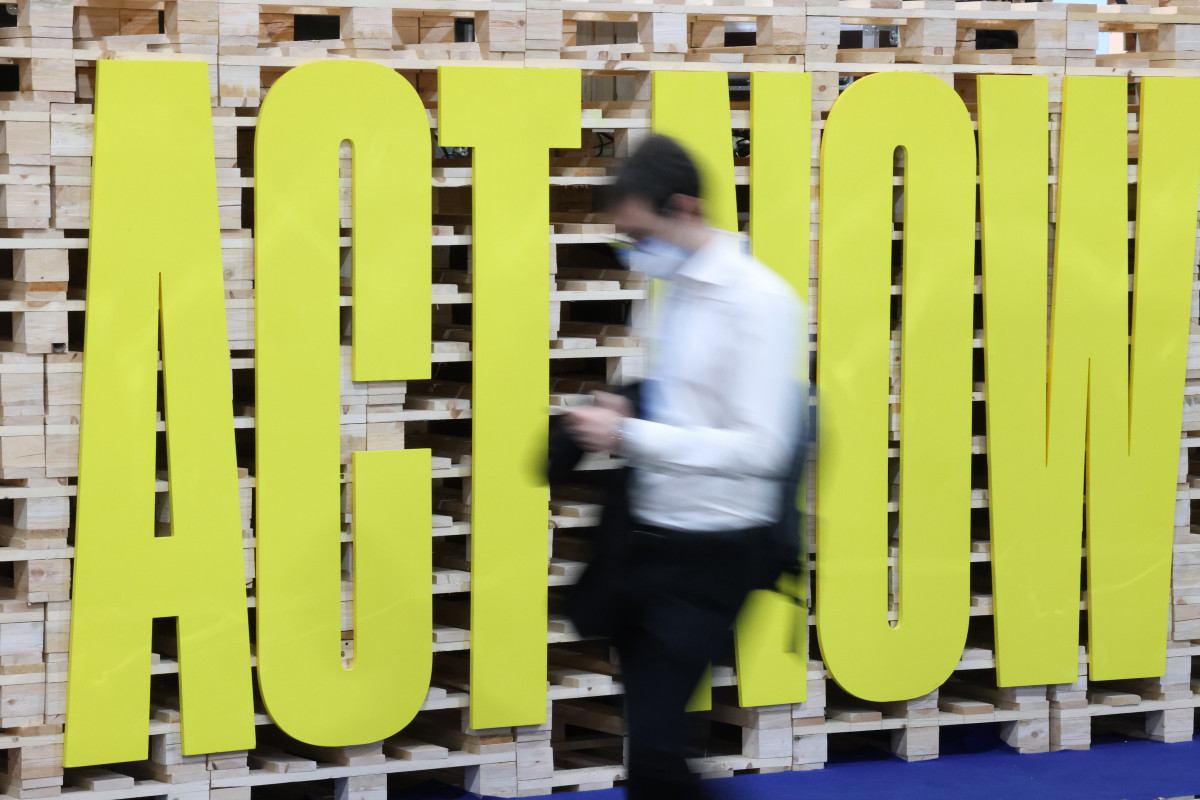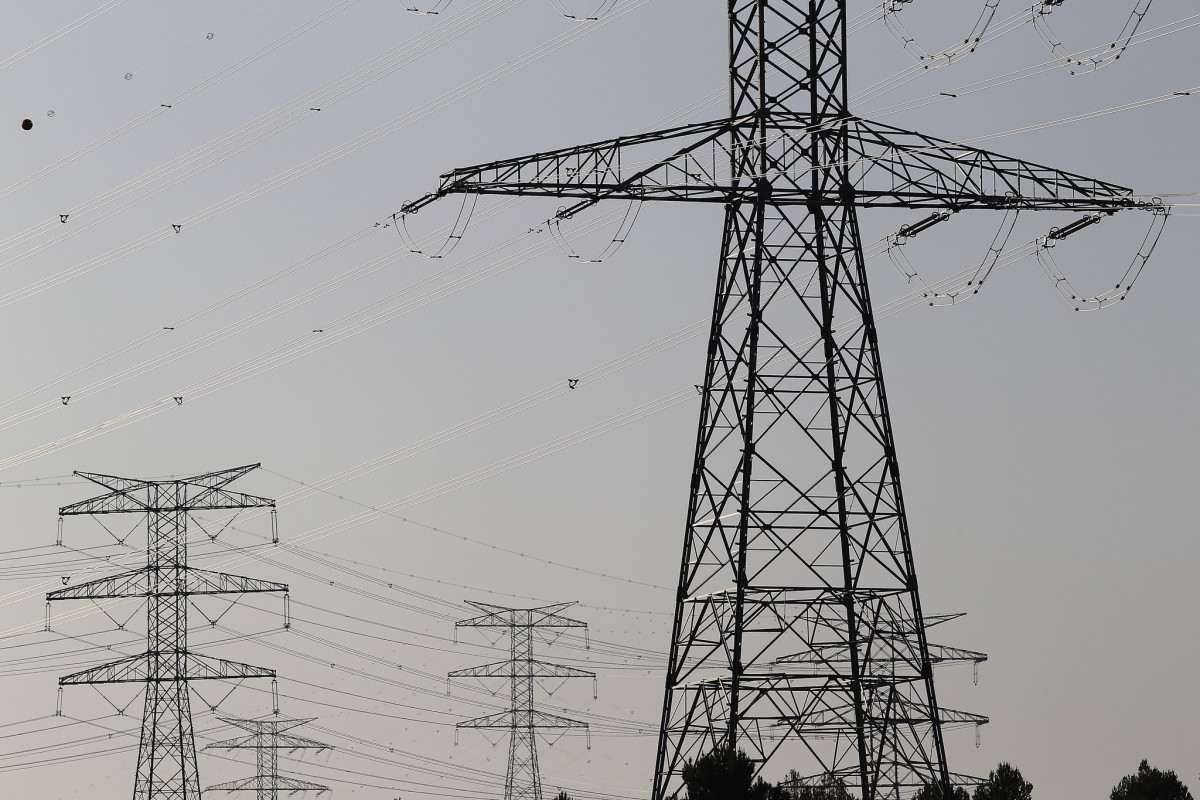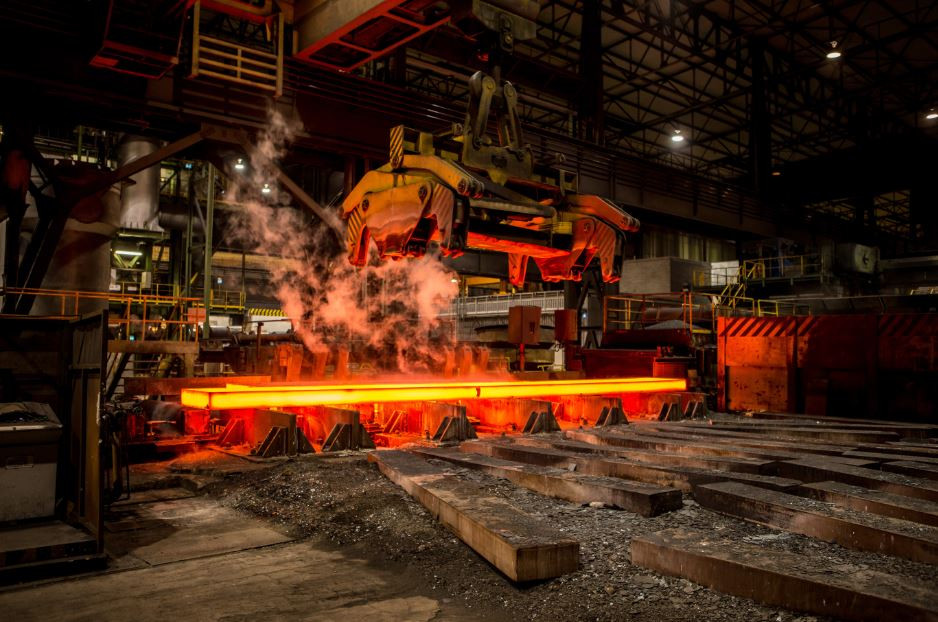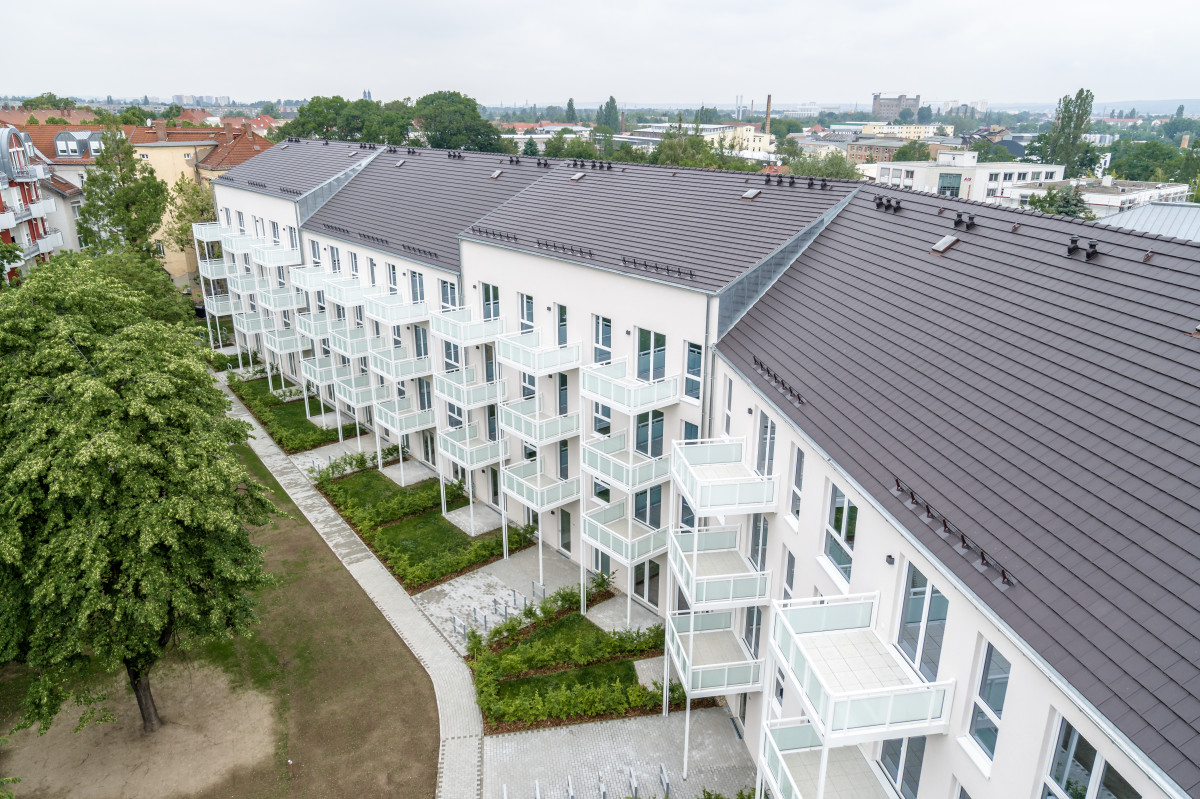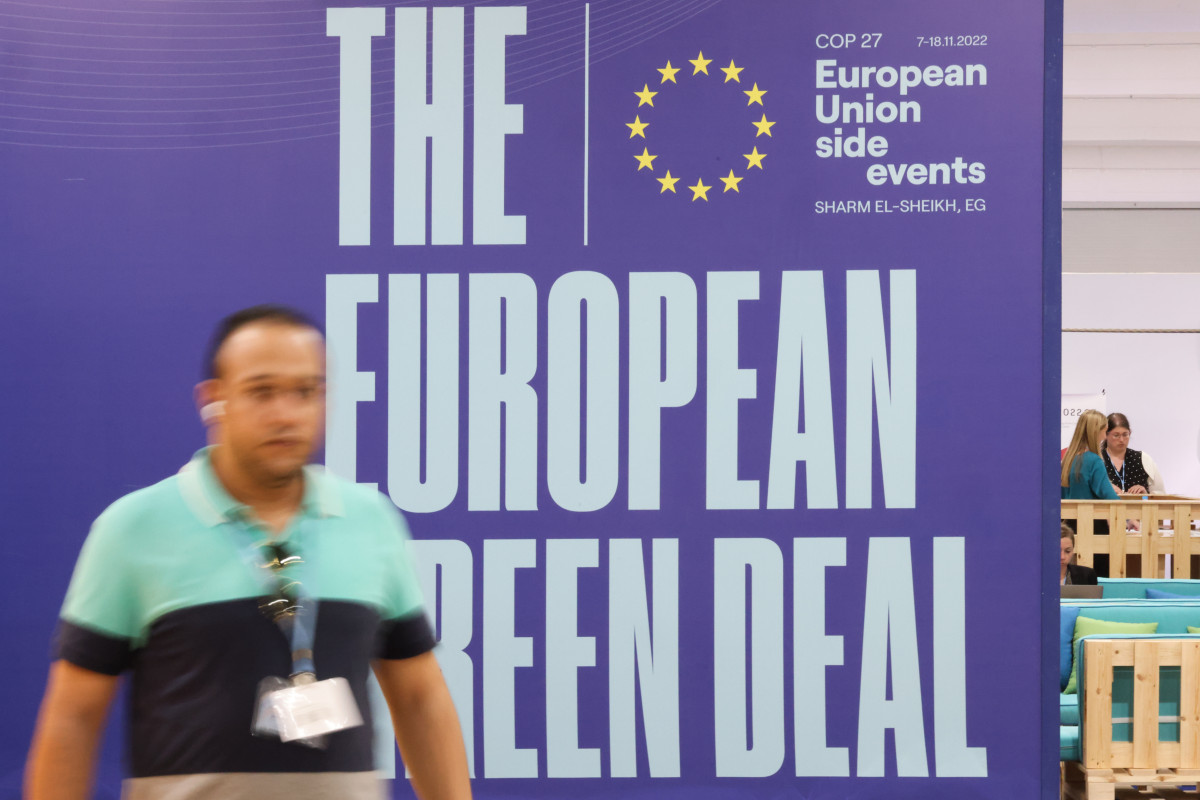Covering climate and energy policy during Spain’s EU Council presidency
1. What is the Council presidency?
The Council of the EU (also: Council of Ministers, EU Council) represents the governments of the EU member states. Throughout the year, the Council meets 70-80 times in different configurations: depending on the issues debated, ministers from the 27 member states meet in Brussels, Strasbourg or elsewhere across the EU, for example energy ministers in the Energy Council meeting, or environment ministers in the Environment Council meeting. The Council negotiates and adopts EU laws together with other European Union institutions.
The presidency of the EU Council rotates among EU member states every six months. It is not only responsible for setting policy priorities and planning and chairing meetings among ministers, but must also try and reach agreement on laws with the EU’s other legislative bodies – the Parliament and the Commission. Member states holding the presidency work together closely in groups of three, called 'trios'. Belgium and Hungary follow on Spain.
Spain will hold the so-called “golden” presidency, as it is the last full six-month presidency before EU elections in June 2024. It presents a key period for the EU to close major legislative files, as it is unlikely that a lot will happen under the Belgian presidency during the first months of 2024, marked by election campaigns across the bloc. This increases the pressure on Spain to deliver.
As Council presidency, the government will also invite European leaders to Spain for informal summits.
2. How could the election in Spain influence the presidency?
Following big gains by right-wing and far-right parties in local and regional elections in May, incumbent prime minister Pedro Sanchez, who heads a leftist coalition government, took what many see as a risky decision to bring forward the general elections slated for December to July 23. A lot is at stake – should Sanchez’s camp lose, a more EU-sceptic government coalition with less ambition on climate policy could take over leadership of the southwestern European country.
Situated on the southwestern Iberian Peninsula, Spain has among Europe’s best conditions for solar and wind power production. The government has just presented a new draft climate plan, including a higher 2030 emissions reduction target and increased renewables expansion. The country also aims to play a leading role in Europe’s renewable energy system in the future as the continent’s green hydrogen hub. The future of Spain's nuclear power industry hinges on next month's election, reported Reuters, with the opposition party that now leads the polls campaigning to extend the use of the plants that the government wants to start closing from 2027.
The election campaign in Spain is bound to take the government’s time and focus away from making the Council presidency a priority in the coming weeks. Still, EU leaders voice confidence in the Spanish government institutions, and Sanchez has downplayed the prospect that the elections would disrupt the presidency, reported Politico. “It’s not the first time in Europe that elections take place during a rotation. There have been changes of government as well,” Sanchez said. In 2022, France held presidential elections during its EU Council presidency.
Consultancy SEC Newgate EU has pointed out that – on a technical level – even a change in government would not have a major impact on the presidency. “With the preparations already made, the machinery will run almost automatically with the support of the European Council and the Commission, regardless of who is in government,” it wrote.
However, the consultancy and other experts highlight that a new government or a drawn-out process to build a coalition will make itself felt on a political level. “The political dimension of the presidency, and the ability of Spain to seize it to strengthen its role at the centre of the EU, will depend on what happens after 23 July,” writes Berta López Domènech of the European Policy Centre (EPC). Should a coalition not be found quickly, “Spain would have an acting government distracted with national politics and with little time to focus on Brussels until almost the end of the semester,” she writes.
At a time of rising geopolitical tensions, the war in Ukraine, resurfaced migration policy disputes and with the continent only slowly emerging from the energy crisis, Spain takes the helm during a difficult period for the EU. In the first weeks of the presidency, prime minister Sanchez could also see a benefit in showing off his European efforts in a bid to win over some more Spanish voters.
3. What are Spain’s priorities?
The Spanish government has presented four priorities of its presidency:
- Reindustrialise the EU and ensure its open strategic autonomy
- Advance in green transition and environmental adaptation
- Promote greater social and economic justice
- Strengthen European unity
"We will promote a reform of the electricity market aimed at accelerating the deployment of renewable energies, the reduction of electricity prices and the improvement of the system’s stability," the government wrote. "We will work to accelerate the legislative files related to Fit for 55, such as the gas and hydrogen package, and the energy efficiency regulations."
On reindustrialising the EU, prime minister Sanchez said that if the bloc “gets things right in this decade, it could become a benchmark in the production of renewable energy, electrolysers, digital connectivity services, advanced robotics, biofertilisers and cutting-edge pharmaceutical products.” The presidency said it will propose a “forward-looking, comprehensive strategy to ensure the economic security and global leadership of the EU by 2030.”
Spain has also published a more detailed presidency programme.
4. Key energy and climate issues to watch during Spain’s EU Council presidency
Spain will have to lead negotiations on many legislative proposals, which the EU aims to finalise before a new leadership takes over after the 2024 EU elections next June.
On energy and climate, this includes several files that are part of the European Green Deal, such as the controversial Nature Restoration Law (set for a key vote in the Parliament plenary around 12 June), or the Critical Raw Materials Act, which is part of the Green Deal Industrial Plan – a key element of Europe’s reply to green tech support under the U.S. Inflation Reduction Act, and intended to enhance the competitiveness of Europe's industry on the path to net-zero greenhouse gas emissions.
Other major Green Deal legislative projects include the electricity market reform and heavy vehicles’ CO2 emission rules. In addition, the EU is in difficult talks over reforming national spending and debt rules, which member states had hoped to finalise by the end of the year. The EU also aims to finally conclude a trade deal with the Mercosur countries.
Sarah Padovan has put together an excellent overview of key issues on Spain’s presidency policy agenda for the coming half year for Politico, including information on why it matters and key fault lines in the debate.
Journalists should also keep an eye on the following topics, according to experts:
Spanish elections could hamper European climate diplomacy - NewClimate Institute
The climate agenda under Spain's upcoming Council presidency and the EU’s climate leadership face uncertainty due to the snap elections, which could produce a hung Spanish parliament or even result in right-wing parties with links to climate deniers coming into power, says NewClimate Institute. Regardless of the political outcome, it is vital for Spain to avoid pandering to climate sceptics and establish stable leadership to ensure that the EU continues to support global climate action, it says. The EU has to deliver effective and ambitious climate diplomacy at the upcoming UN climate change conference COP28 in the United Arab Emirates (UAE), where Spain would lead and coordinate the EU's negotiation team. As Council president, Spain should also set in motion a more coordinated approach to integrate climate considerations into EU foreign policy with a long-term vision, says NewClimate Institute. It should push the EU to advance its climate diplomacy efforts from a primarily technical approach, focused to a large extent on UNFCCC negotiations, to a more holistic and geopolitical approach. To promote ambitious and coordinated climate action in all areas of foreign policy, it will also be important to strengthen and expand the "Team Europe" approach, it says.
Expert contacts at NewClimate Institute: Imogen Outlaw, Lukas Kahlen
Link to blog post: Upcoming Spanish elections could hamper European climate diplomacy at a time when it should be a top priority | NewClimate Institute
Link to full report: Climate Audit of the EU’s Foreign Policy | NewClimate Institute
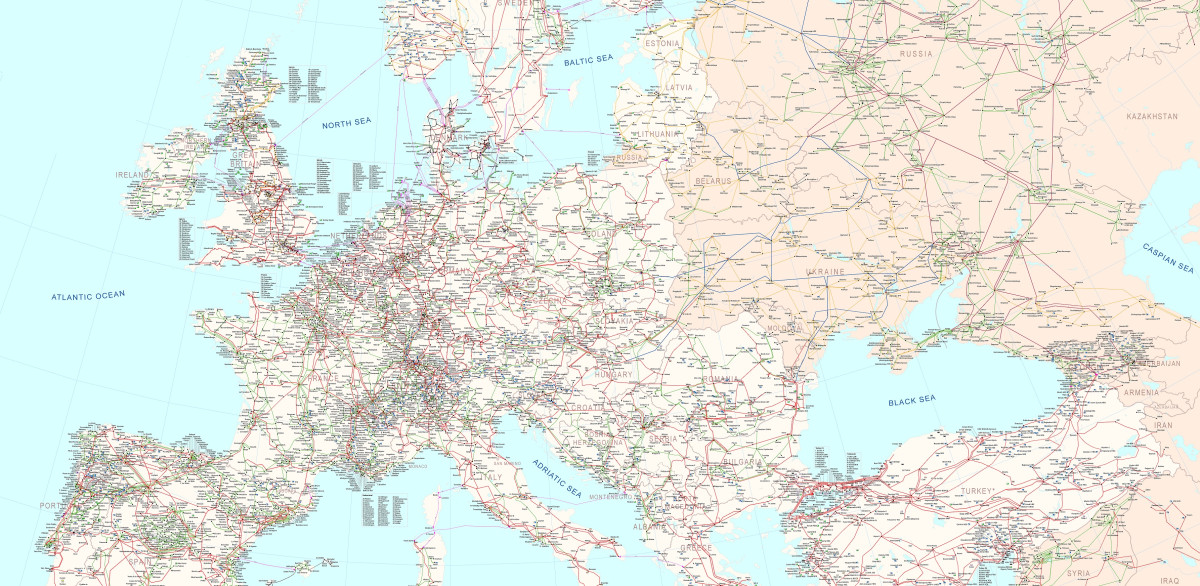
Spain should use its presidency to promote energy interconnections and cooperation with Latin America – Real Instituto Elcano
The research institute Real Instituto Elcano (Elcano Royal Institute) says that on the one hand, Spain should act as an “honest broker” to push forward key legislative packages in the EU. However, it adds that the presidency also provides a “great opportunity” to help make visible traditional Spanish demands in energy and climate: improve interconnections with the European market and reorient energy diplomacy towards Latin America and the southern neighbourhood. In a publication of ‘ten commandments’ for the Spanish presidency, the institute highlights that the EU-CELAC summit in July – where EU leaders are set to meet leaders of the Community of Latin American and Caribbean States – presents an opportunity to strengthen bi-regional relations in terms of diversifying the supply of strategic raw materials. Spain’s presidency is also expected to be able to advance the negotiations of the EU-Mercosur trade agreement, it writes.
Expert contacts at Real Instituto Elcano: Gonzalo Escribano, Federico Steinberg
Link to publication: Un decálogo de cara a la Presidencia española del Consejo de la UE 2023
The Spanish EU Presidency needs to deliver a electricity market reform for the people on time - Climate Action Network (CAN) Europe
The current reform of the EU electricity market design is a major opportunity to accelerate renewable energy uptake with flexibility services, and to move the energy system towards a 100-percent decentralised, renewable energy system that puts people at its core, says NGO Climate Action Network (CAN) Europe. It argues that the need to reinforce consumer protection and consumer participation is evident. Through increasing energy savings and deploying distributed energy sources, consumers could take control of their own energy production and consumption. "The current centralised energy generation where fossil fuels set the prices is outdated, as the current energy price crisis in Europe shows. Rather, the energy system of tomorrow is primarily electrified, digital, climate-friendly and has demand-side flexibility at its core. It is a pivotal responsibility of the Spanish EU Presidency to deliver this reform on time, before the EU elections and the end of the current Commission's mandate," says CAN.
Expert contacts at CAN Europe: Marta Anczewska
Link to blog post: Shaping Tomorrow’s Resilient and Renewable Energy System: It Starts at Home
Net Zero Industry Act needs fundamental redesign – Bruegel
Think tank Bruegel has several issues high on their agenda, including the talks on the Commission proposal for a Net Zero Industry Act. It "is both misguided in its operational objectives and weak in its instruments, and hence unlikely to deliver meaningful results unless it is fundamentally redesigned," says Bruegel.
Expert Contact at Bruegel: Simone Tagliapietra
Publication: Rebooting the European Union’s Net Zero Industry Act
Other issues Bruegel is working on:
Electricity market design:
“To make an already complex task really challenging, the market design reform does not only need to solve the issues of 2022/23, but also be fit for the transition to a very different energy system dominated by decarbonised electricity.” Bruegel suggests to split the reform: 1) quick measures on consumer protection; 2) a renewables booster to bridge uncertainty; 3) a thorough re-design of investment incentives framework.
Expert Contact at Bruegel: Georg Zachmann
Publication: Phased European Union electricity market reform
Critical Raw Materials Act
China recently announced that two critical raw materials, gallium and germanium, will be subject to export restrictions, says Bruegel. The materials are crucial to the semiconductor, telecommunications, and electric-vehicle industries. The EU gets 71 percent of its gallium from China and 45 percent of its germanium, adds the think tank. “China’s action is a stark reminder of who has the upper hand in this game,” Simone Tagliapietra said. “The harsh reality is that the west will need at least a decade to de-risk from China’s minerals supply chains, this is an asymmetric dependency.”
Expert Contact at Bruegel: Simone Tagliapietra
Spain should support a successful revision of the Energy Performance of Buildings Directive – E3G
"Negotiation of the Energy Performance of Buildings Directive will determine Europe’s capacity to implement the much-needed ‘renovation wave’, that seeks to offer better living conditions for Europeans and make the entire building stock climate neutral by 2050. In the context of a cost-of-living crisis and volatile energy prices, this is a file that can hit close to home for many Europeans and will require careful attention to the impact – and benefits – to households. Negotiations between the European Parliament and the Council of the EU under the Spanish presidency also have the potential to strengthen Europe’s supply chains and build long-term resilience into the economy. Depending on the final agreement, this landmark directive can secure or jeopardise a triple win for Europe: energy affordability, energy security, lower emissions."
Expert contacts at E3G: Roxana Dela Fiamor, Adeline Rochet
Open letter: EU’s buildings: a once-in-a-generation opportunity
Spain must show maximum ambition and continue promoting the European Green Deal – WWF Spain
Environmental NGO WWF Spain called on the government to put lots of effort into pushing forward the European Green Deal. WWF has three major requests:
- Presidency must facilitate ambitious consensus on outstanding Green Deal legislative files
- Presidency must lay groundwork to ensure that the Green Deal will continue to be a priority also for the next Commission after the 2024 elections
- Presidency should exert leadership at international level to reinforce the EU’s leadership role in international climate
Link to article: Pedimos a la Presidencia española una apuesta decidida por el Pacto Verde Europeo
5. Experts to contact
Clean Energy Wire has put together a European climate and energy expert database, including many contacts from Spain and from EU-wide organisations and institutions.
Analysts, researchers, commentators:
Real Instituto Elcano: Gonzalo Escribano, Federico Steinberg
Andreu Escrivà: environmental scientist, author: contact
NewClimate Institute: Imogen Outlaw, Lukas Kahlen
Bruegel (think tank): press contact
E3G (think tank): media contact
Berta López Domènech, programme assistant at European Policy Centre
Yayo Herrero: a Spanish anthropologist, engineer, professor and ecofeminist activist
Cristina Monge: political analyst (contact)
Ecological and Forestry Applications Research Centre (CREAF): press contact
Politicians
Teresa Ribera Rodríguez, Minister for Ecological Transition and Demographic Challenge of Spain: press contact
César Luena, vice-chair of the environment committee in the European Parliament: contact
Héctor Tejero: environmental expert with a focus on political topics such as the New Green Deal; Now working with the left/green party Mas País
NGOs, business
Climate Action Network (CAN) Europe: press contact
European Environmental Bureau (network of environmental citizens’ organisations): press contact Sarah Abou-Chleih
Pedro Fresco: energy expert, former advisor of energy for a local government in Spain, director general of energy association Avaesen
Journalists
You might also check out the work of journalist colleagues who cover Spain’s and Europe’s energy and climate policy:
You can find more contacts in the factsheets Covering the EU’s “Fit for 55” package of climate and energy laws and Who sets the targets? Expert Q&A on European energy and climate policy. You can also use the Brussels Binder database to find a woman expert on EU policy.
Last but not least, you can always get in touch with the team at Clean Energy Wire (info@cleanenergywire.org). We will provide information and connect you with the experts you are looking for.

